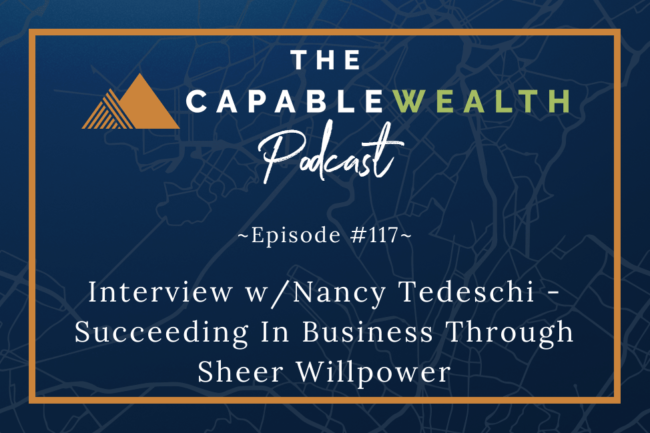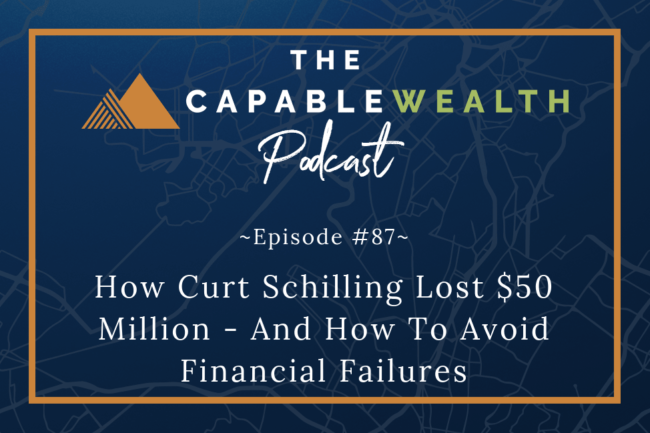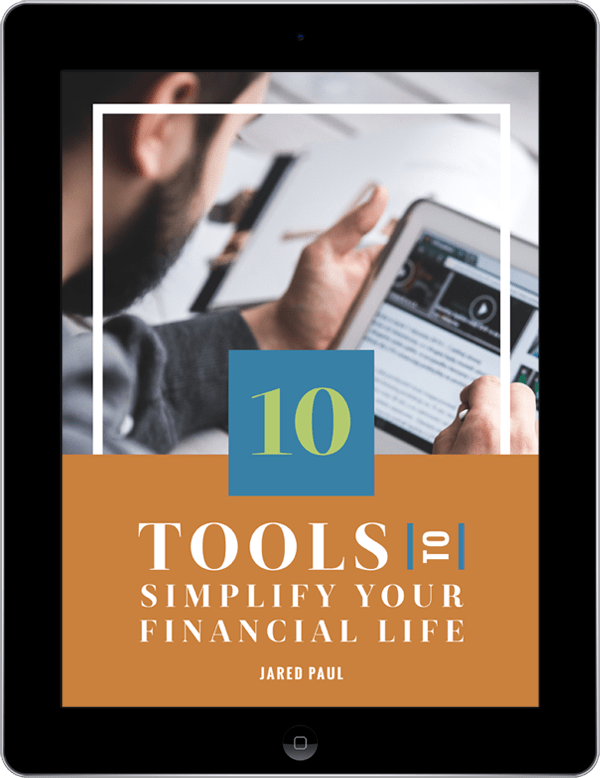You’ve graduated from school (or maybe you’re just out of residency), and now you’re in the “real world” ready to make your mark. You’re ready to start earning some legitimate money. It’s time to start building serious wealth, baby!
But there it is, staring you right in the face. Every time you log into your financial accounts, you have to look at that huge number screaming at you, holding you down, acting like a ball and chain.
You know what I’m taking about: Your student debt!
For many individuals, the first reaction when they finally start earning an income is to begin paying off as much student debt as possible. We hope and dream for that glorious day when we’ve made our final loan payment, allowing us to close the account forever.
But is this the best course of action?
“Should you be putting as much money into paying off your student debts as quickly as possible? Or is there something else you should be doing with your money?”

Is there a better way?
THE STUDENT DEBT LANDSCAPE
Student debt is plaguing the good old U.S. of A. Everyone is coming out of school with more debt than any generation before them.
In 2016, the average student is graduating with $37,142 in debt.
For Physicians, the number is $207,000.
And for Dentists, it’s a whopping $287,331!
These aren’t trivial numbers, and they can be a huge speedbump in the wealth-building process.
GETTING FOCUSED
Your first reaction might be to begin paying off your debt as quickly as possible. But I’m here to tell you that you need to fight this urge with all your might, and focus your efforts on another matter.
“Most conventional personal finance experts will tell you that you need to pay off your debt ASAP. I disagree.”

I think that your first course of action needs to be laying the foundation for financial stability that will allow you to begin building true wealth.
YOUR FINANCIAL BOAT
To paint a picture for you, I want you to image that your financial life is a boat.
The question is, “what kind of boat?” And that all depends on how strong your financial life is. The stronger and more stable, the bigger the boat.
If you are a new graduate with a boatload of debt (get it?), then you might actually be sitting in a small rowboat filled with water.
You are feverishly trying to bucket out the water so you don’t sink. But each time a wave (emergency) comes by, you take on more water (debt). And the cycle keeps on going.
Sure, you’re making some progress. The total amount of water is less and less, but every time you see a wave coming, you tense up and brace for impact; hoping this won’t be the wave that sinks you.
Not until you turn your rowboat into something larger and more stable will you feel confident that you can handle the oncoming waves. And with a larger boat, you will be less likely to take on any additional water (debt) even when those emergencies occur.
Just imagine having the same amount of water on your boat, only now you have a 30-foot sail-boat, or even a yacht!
HOW TO BUILD A BIGGER BOAT
The way to build a bigger boat is to begin by creating a strong financial foundation.
The way to do this is by:
1. Creating a rainy-day fund for emergencies
The benefit of having some form of rainy-day or emergency fund is that it helps you weather the storms (or waves) that come along in life. Whether it’s your car breaking down, unforeseen medical bills, or maybe your apartment is robbed. Whatever happens, you’ll have money saved up that will help you get through the tough times.
If you don’t have this buffer of savings, anytime an emergency takes place, you’ll be forced to go into additional debt, usually by using credit cards. With credit card interest rates starting in the teens, this is a bad thing to fall back on.
2. Protecting your family and yourself with insurance
As you begin to build wealth, you will begin to realize the importance of protecting that wealth. This is where insurance comes into play. The forms of insurance you should at least begin with are as follows:
Disability – You spent how many years in school? You invested all of that time in yourself, building up your value to your employer. Why not protect your ability to earn money?
Life – If you have a family that depends on you to support them, you need to strongly consider taking out a term insurance policy.
Renters – Theft, fire, water damage; all these things can take place while you’re renting. Renters insurance is super cheap and can afford you a large amount of protection for your personal property.
3. Begin putting money into investment accounts
This isn’t me saying you can make more money by investing than by paying off your student loans; although I do believe investing in real estate can. This is about creating good money habits.
The way we act, or our behavior, is a bigger predictor of our financial success than anything we invest in. By creating great habits, you will go a long way toward increasing your chances of building true wealth.
Also, for qualified accounts like a 401(k), 403(b), or IRA, there are annual limits on how much you can contribute. Any year that you don’t make a contribution is a lost opportunity.
FIGHTING THE TEMPTATION
It is so difficult to be staring at a big debt balance, dreaming of the day you’ll get to make your final payment and rid yourself of it forever.
Most physicians and dentists I speak with are haunted by the massive amounts of student loans they have, and it’s very tempting to throw a lot of money at the debt as quickly as possible.
I’m not saying paying down your loans is a bad thing, but you need to build some type of foundation that will allow you to weather any storms that come.
I’ll admit, I have this same feeling, but I fight it. In fact, I still have student debt that I’m paying off. Not because I can’t; I’ve been able to pay it off for a while now. I could easily zero out the balance with a few clicks of the keyboard. Instead of that, I’m maintaining high levels of liquid funds, and I’m investing in multiple businesses to help me accelerate the wealth-building process (i.e. building a bigger boat).
And with interest rates in the mid-to-low single digits for student loans, I’m not getting hurt too much for sitting on that debt. Credit card debt is certainly another scenario, with interest rates in the teens, and sometimes into the 20s (eek!). I don’t recommend sitting on that sort of debt.
THINK BEFORE YOU ACT
But the fact remains that as education costs increase, dentists and physicians are even more inclined to throw tons of money at that problem once they actually get their career job and start making legitimate income.
Before you do, take a step back and think about which sounds better. Dumping water out of your little rowboat, or turning your rowboat into a sailboat, or even a yacht!
I know what I’m doing.
Capably Yours,
















